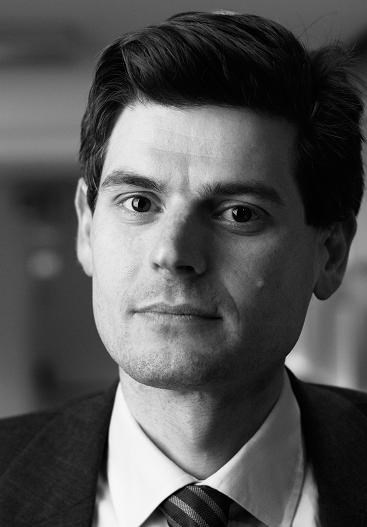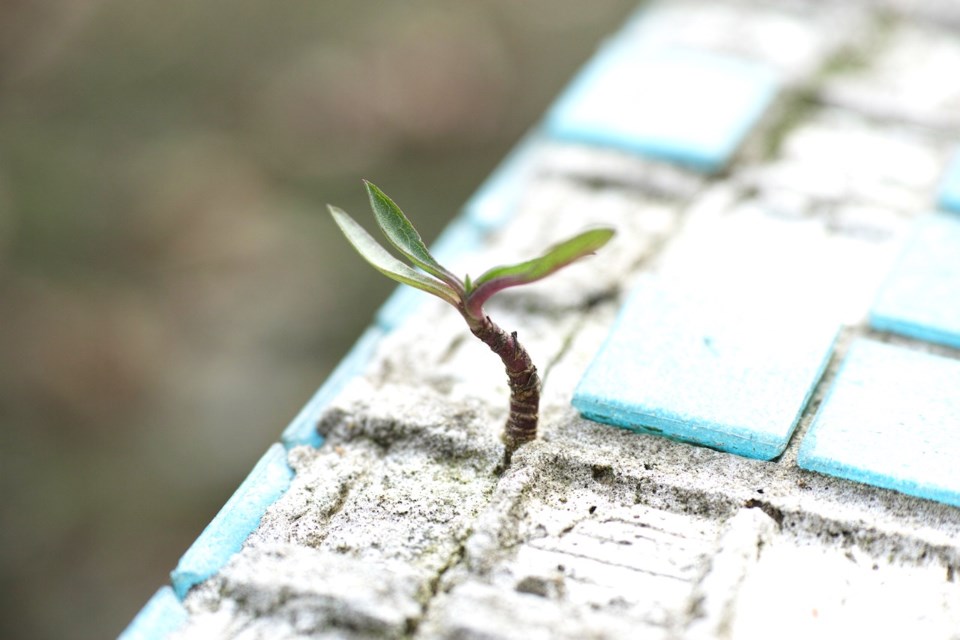“What do you think of Woodfibre LNG?” I am often asked. Not that I work for the company –– I am doing the opposite –– but folks know who ask me the question.
What do I think about of Woodfibre LNG?
That it should never be built and that we should not have super-tankers filled with liquefied fracked fossil fuel gas sailing through Átl’ḵa7tsem / Howe Sound, passing close by NexwLelexwem / Bowen Island. This is what I thought in 2015 when I first heard about the project and that conviction has only grown stronger since.
Not surprising as we are witnessing the effects of global heating all over the world.
We have to bring down CO2 emissions a lot faster than is currently happening and definitely not be building any more new fossil fuel projects or pipelines. Colonially “approved” or not.
A question I am not asked often: “So what give you hope these days?”
What gives me hope is that more and more people get it that global heating is human-caused and that we have to keep the heating below 2 C. That gives me hope.
What gives me hope too is that a new generation is out on the streets demanding system change, not climate change. The 1970s, the years when we had the option of a slow energy transitions, are long gone.
What gives me hope is an attorney from the Netherlands who, after seeing An Inconvenient Truth by Al Gore, thought about his kids’ future and got to work. What could be done using the law to force the Dutch government to follow through on its 1992 Rio Earth Summit commitments to reduce green house gas emissions?

His name is Roger Cox. He wrote a book, published in Dutch in 2011, in English in 2013 titled Revolution Justified. Then, in 2013, Cox represented Urgenda - an organization promoting and undertaking sustainability projects in the Netherlands - when it took the Dutch state to court. In 2015 the District court ruled in their favour.
The Dutch Government appealed but lost and then took it to the Dutch Supreme Court, which ruled on Dec. 20, 2019.
Cox’s legal argument was upheld. They had won. The Dutch Government, although it aimed for 17 per cent reduction in greenhouse gasses by the end of 2020, must now cut back emissions by 25 per cent compared to 1990 levels by the end of this year.
What gives me hope is that more and more people are questioning colonialism in Canada. That they stand together with the Wet’suwet’en people protecting their unceded land from the building of a fossil gas pipeline.
What gives me hope is that more people understand the implications coming out of the Delgamuukw 1997 and Tsilhgot’in 2014 Canadian Supreme Court decisions. That, of course(!), Hereditary Chiefs have full standing when it comes to the unceded Indigenous territory they represent. More people understand that the band councils are a construct from the colonial and racist Indian Act and is forced upon Indigenous nations and peoples. More about this in my column from 2019: “Before reconciliation, we need to acknowledge the truth.”
What gives me hope is that more and more people are questioning capitalism and how its religious pursuit of wealth in the almighty market destroys the natural world and life itself.
What gives me hope is that more people see the stranglehold oil, gas and chemical industries have on our governments whose responses are to provide more subsidies. B.C. gave a green light to Site-C hydro dam but the costs are spiralling out of control while the unit prices for solar and wind energy continue to drop well below the level Site C can ever produce it for. On a federal level more climate credibility will be lost if the federal government approves the proposed biggest-ever tar sands mine.
What gives me hope is that people are taking notice and are speaking up. We cannot simply continue on the path we are on.
De-colonizing and transitioning away from fossil fuels will take everyone’s commitment.
We must reinvent how we do things, see it with our mind’s eye and make it reality. That’s what we humans are good at.
Let’s do it.



